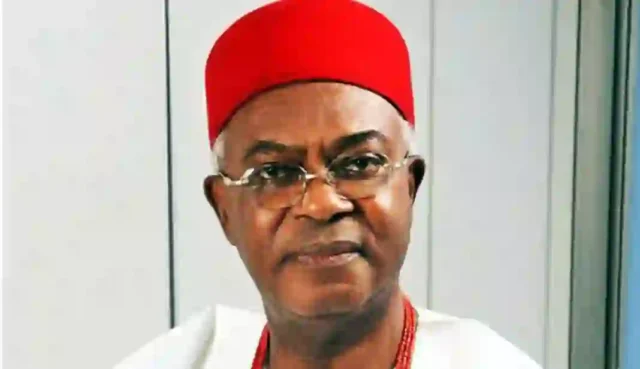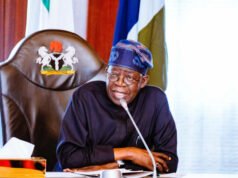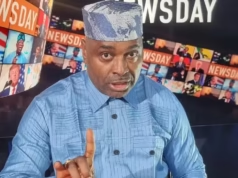In a stirring address delivered at the 27th Convocation and Investiture Ceremony of the Nigerian Academy of Letters (NAL) at the University of Lagos, the Obi of Onitsha, His Majesty Nnaemeka Alfred Ugochukwu Achebe, issued a powerful warning: Nigeria is on the verge of an education collapse. He characterised decades of chronic underfunding and institutional apathy as a silent but deadly threat to the nation’s future.
Model Citizen, Not Just a Figurehead
His Majesty’s speech struck a dual chord. On one hand, he challenged the notion that traditional rulers are mere figureheads. Drawing on an observation by lawyer Niyi Akintola, the Obi noted that the Ibadan Traditional Council, comprising accomplished professionals, often rivals the expertise of the Oyo State Executive Council. This, he argued, underscores a wider truth: Nigeria’s greatest resource—its human capacity—is being allowed to wither through neglect.
But it was his breakdown of Nigeria’s educational predicament that truly resonated.
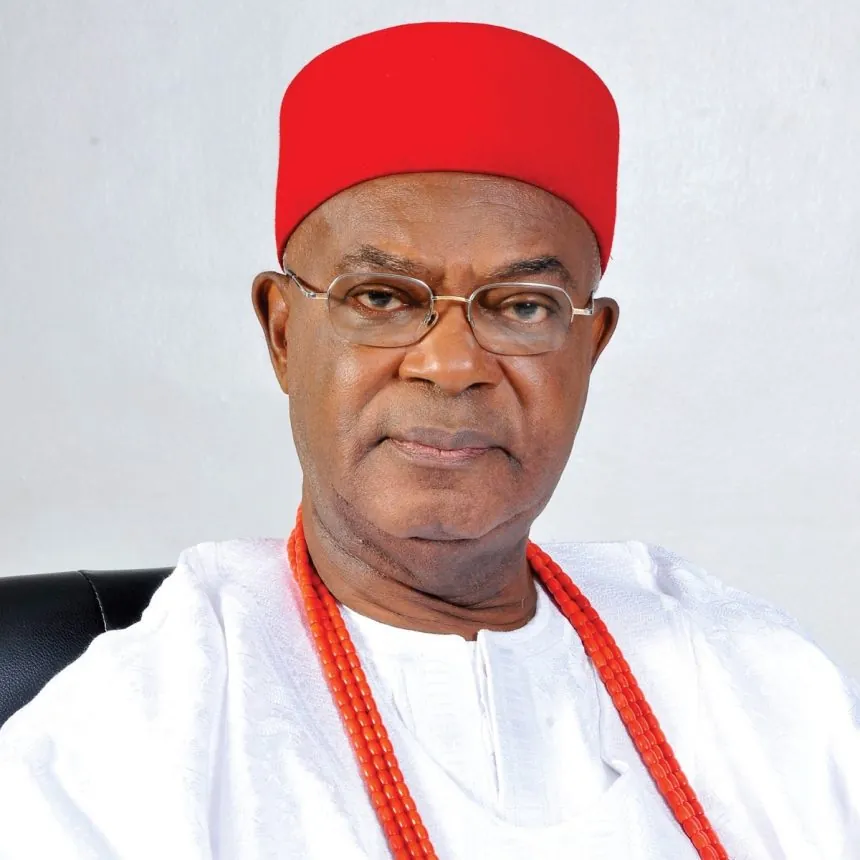
Table of Contents
Decades-Long Neglect: A Statistical Wake-up Call
At the heart of the Obi’s address lay a catalogue of troubling statistics. From 2006 to 2025, Nigeria’s population has ballooned from roughly 140 million to an estimated 233–237 million, amplifying the strain on education at all levels.
Meanwhile, public investment in education has been painfully inadequate. Over the past 25 years, the sector has received an average of just 7.81% of the national budget—well below UNESCO’s recommendation of 20–26%. In contrast, countries like Ghana (24.37%), Kenya (21.70%), South Africa (19.94%), and Morocco (17.61%) have maintained significantly higher allocations.
The picture hasn’t improved. In 2025, the combined federal and state allocations to education stood at a flat 7.3%, with only four states—Enugu, Kano, Kaduna, and Jigawa—meeting UNESCO’s threshold.
Infrastructure is collapsing under the pressure. Of Nigeria’s 262 universities, over 90% have emerged in the last 35 years—yet most battle substandard facilities and crumbling campuses.
These conditions, His Majesty warned, are fueling a brain drain. The “Japa” phenomenon—where skilled professionals flee overseas—is proof-positive that years of neglect have made staying unattractive for Nigeria’s best minds.
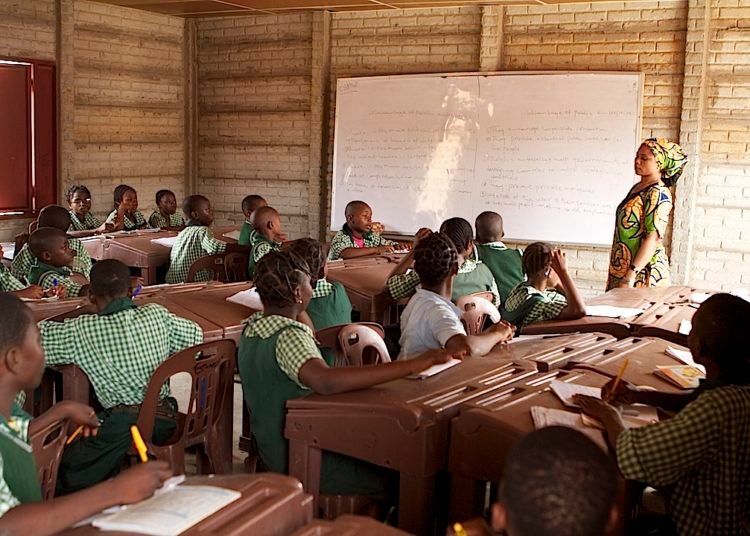
Digital Opportunity vs. Legacy Failures: A Crucial Crossroads
Obi Achebe refused to let the gloom settle without a call to action. With Nigeria’s internet penetration rate around 60%, the potential to leapfrog into the digital age is real—but so are global disparities. Morocco boasts 92%, and Botswana 81.4%, leaving Nigeria trailing.
He posed a pointed question: Should Nigeria continue repairing past failures—or should it try to vault into a digital future? And if so, can this nation afford to keep pushing the burden onto the next generation? His call for a collective reversal was both urgent and earnest.
Also, via his honorary fellowship at NAL, the Obi positioned himself not as a distant traditionalist but as an active proponent of progress, offering both critique and hope in equal measure.
Values, the Humanities and Nigeria’s Moral Compass
Following the Obi’s address, outgoing NAL President Professor Sola Akinrinade gave his valedictory speech, which harmonised with the Obi’s concerns—but from a moral perspective. He lamented Nigeria’s “rapidly declining value system” and urged the Federal Executive Council to institute a “Value Re-orientation” programme. The stakes, he warned, are existential: without urgent action, Nigeria risks becoming a “valueless society”.
But it’s not just about rules and reform. Akinrinade stressed the instrumental role of the humanities in steering technological transformation. “The humanities help us imagine the future in this digital age,” he declared, calling for collaboration between humanists, technologists, and regulators to ensure innovation is anchored in African values.
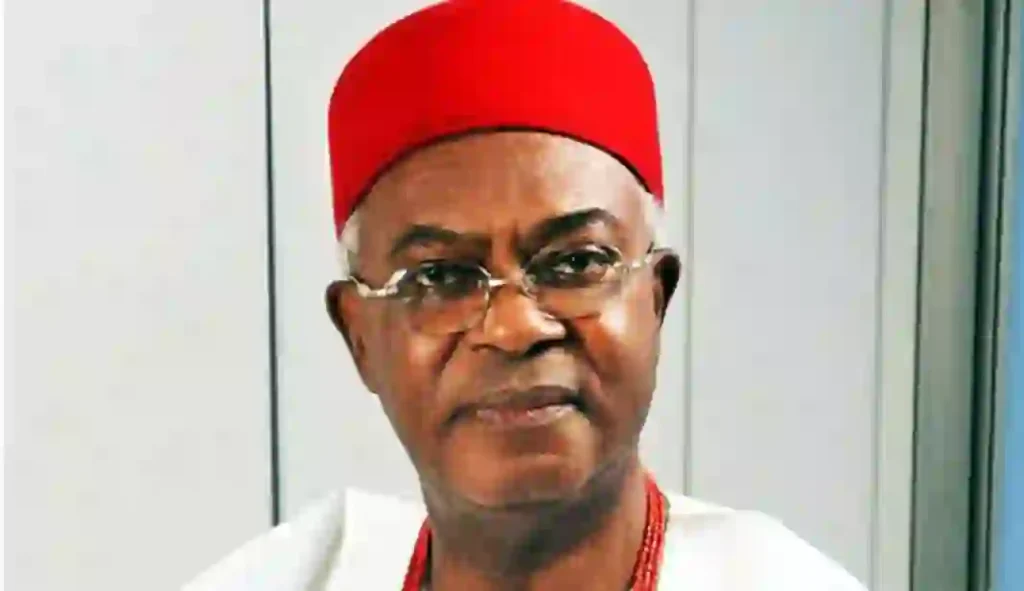
In a symbolic and deeply human gesture, the convocation honoured the Obi for bringing “class and distinction to the institution of traditional rulership,” while also inducting 31 new fellows and paying tribute to two departed luminaries in academia—Professor Charles Nnolim and former NAL President, Professor Ben Elugbe.
Join Our Social Media Channels:
WhatsApp: NaijaEyes
Facebook: NaijaEyes
Twitter: NaijaEyes
Instagram: NaijaEyes
TikTok: NaijaEyes
READ THE LATEST EDUCATION NEWS


